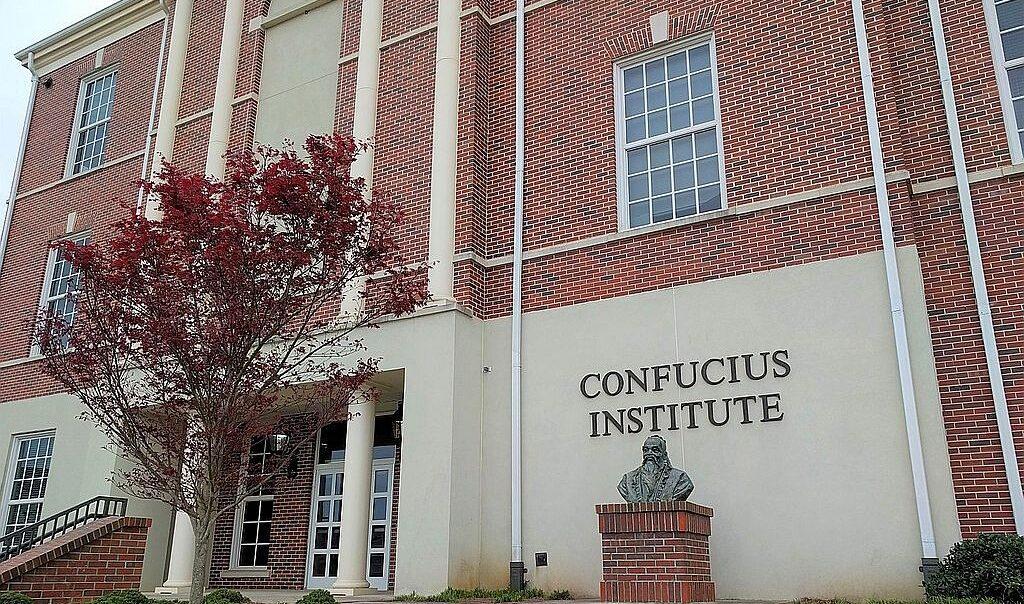A House committee has approved a bill that would further regulate foreign financial gifts to American universities and levy hefty fines against those who fail to comply.
A bipartisan majority of the House Committee on Education and the Workforce voted on Nov. 7 to approve the Defending Education Transparency and Ending Rogue Regimes Engaging in Nefarious Transactions (DETERRENT) Act.




